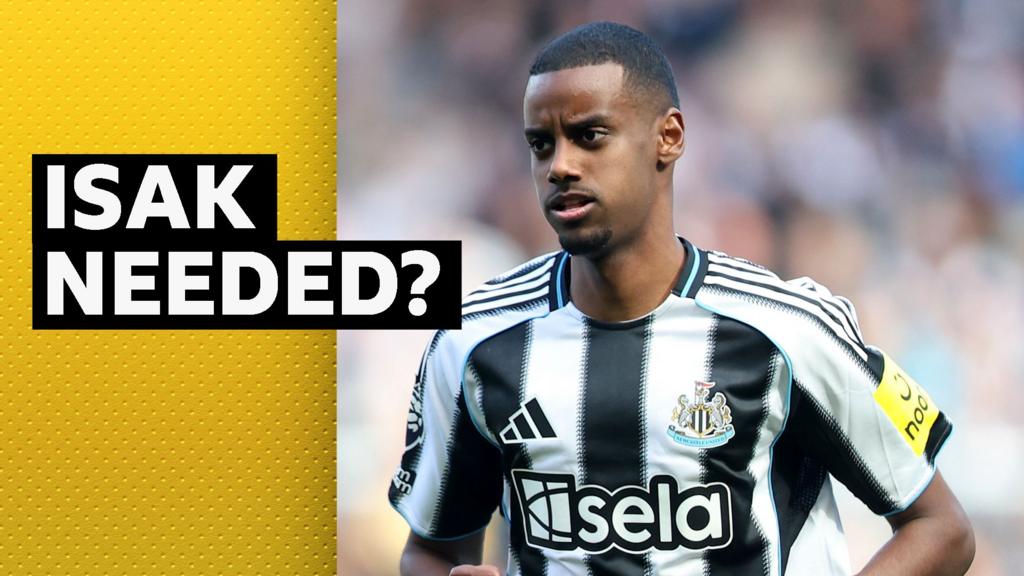
Chris Kirkland raises the question: Do Liverpool *need* Alexander Isak? Let's reframe it. Not 'need,' but rather, 'does it make *financial* sense, considering Liverpool's recent history and Isak's, shall we say, *varied* availability?' Because let's be honest, *need* is a strong word when you already boast Salah, Núñez, Gakpo, Jota, and Diaz. It's more about optimization, isn't it?
The primary concern isn't Isak's talent, which is undeniable. It’s the consistency – or lack thereof – in both performance and fitness. Newcastle shelled out a reported £63 million for Isak in 2022. Any potential move to Liverpool would likely command a similar, if not higher, fee, considering Premier League inflation and his age. The initial outlay is just the start.
Liverpool's recent transfer strategy hasn't exactly screamed 'splashing cash on injury-prone players.' They've shown a preference for durable, consistently available players (think Mac Allister, Szoboszlai - players who are rarely on the injury list). Of course, they've also been known to invest big, like in the case of Van Dijk. But Van Dijk, before his ACL injury, was the model of consistency.
Isak's injury record at Newcastle is… checkered. While he's undeniably a potent goalscorer when fit, *when* is the operative word. We're talking about muscle strains, thigh issues – the kind that tend to linger and recur. Liverpool's medical staff would be poring over his injury history with the intensity of a tax auditor. Would they greenlight a significant investment on a player who struggles for prolonged periods of availability?
Consider the financial implications. Liverpool operate under FSG's relatively prudent financial model. A substantial fee for Isak plus his wages – which would be significant – would impact their ability to strengthen other areas of the squad, particularly midfield depth or defensive cover, where the need is arguably more pressing than another forward.
Furthermore, Isak's arrival would inevitably impact the playing time of existing forwards. Jürgen Klopp (or his successor, if we're projecting further ahead) would have a logistical nightmare managing that many attacking talents and keeping everyone happy. Happy players typically equate to productive players, and a disgruntled bench can quickly derail a season.
The data suggests Liverpool need to evaluate Isak's consistency meticulously. Are they willing to gamble a substantial portion of their transfer budget on a player with a history of injuries? Or would they be better served investing in a more reliable option, even if that option doesn't possess Isak's undeniable flair? Ultimately, it comes down to risk assessment and whether the potential reward outweighs the considerable financial and logistical challenges.